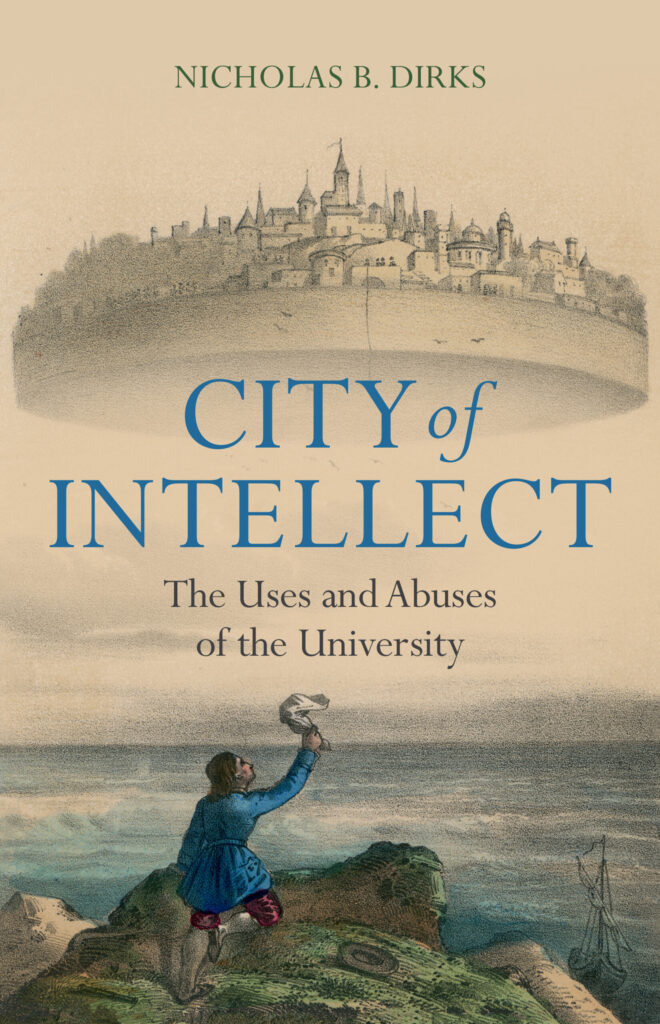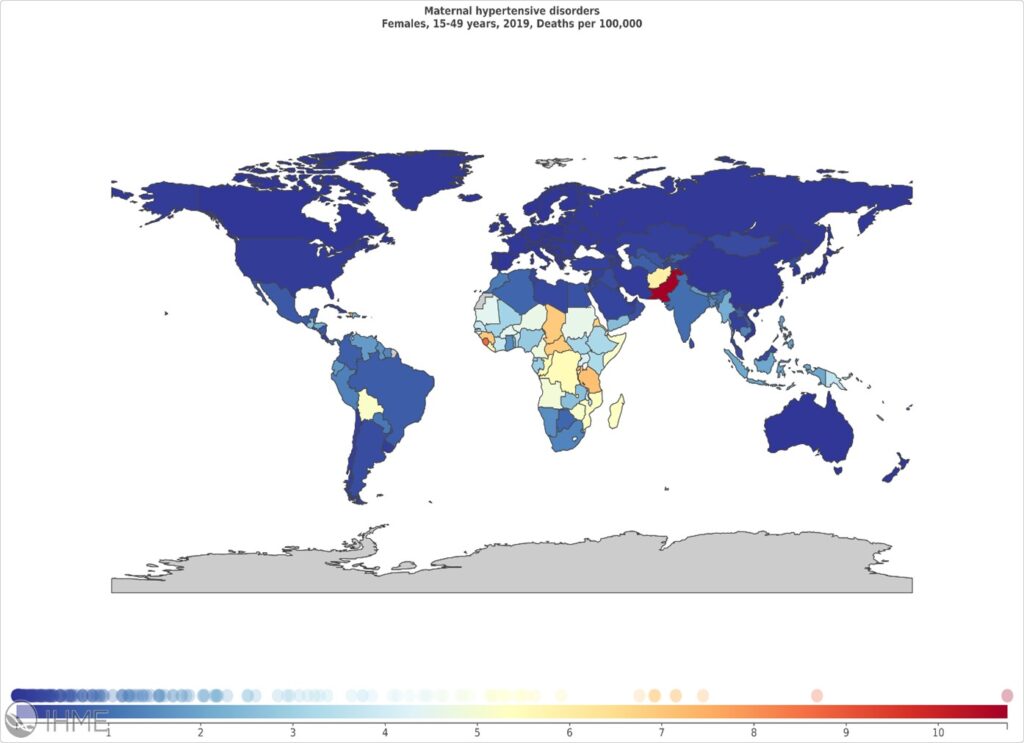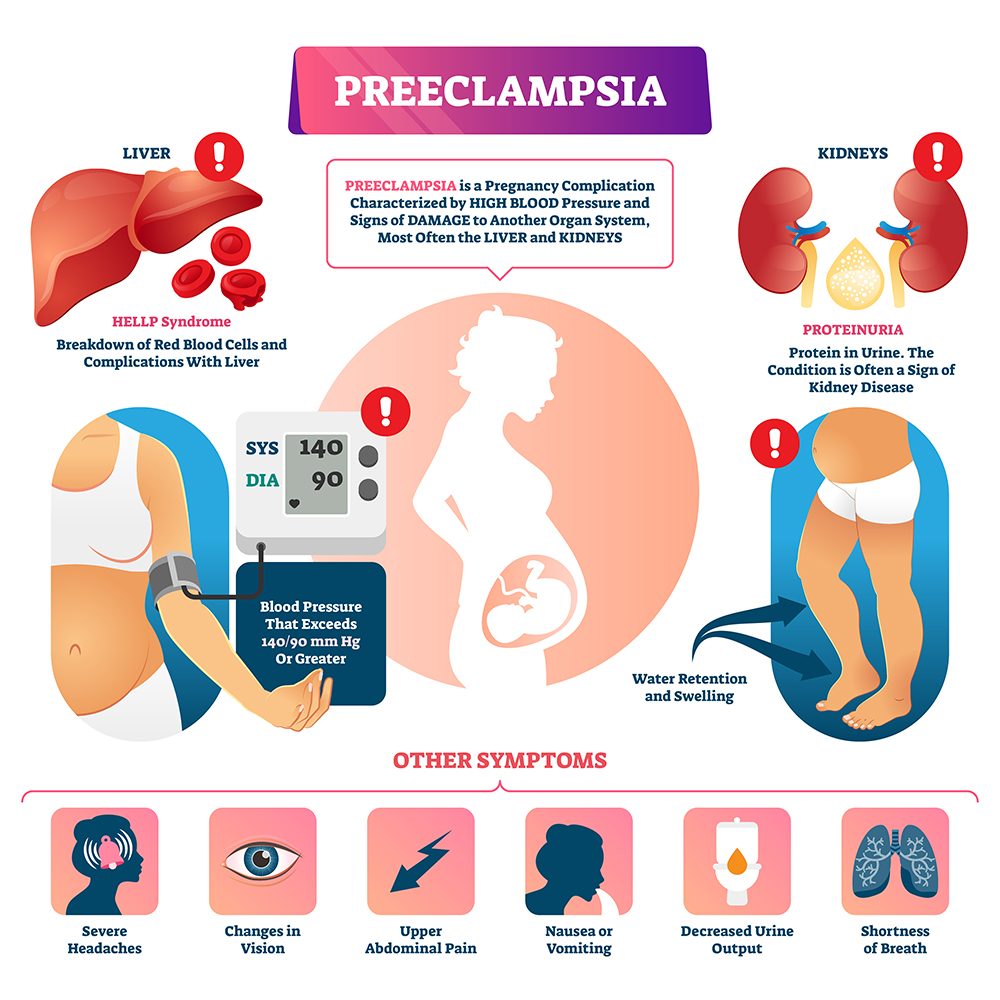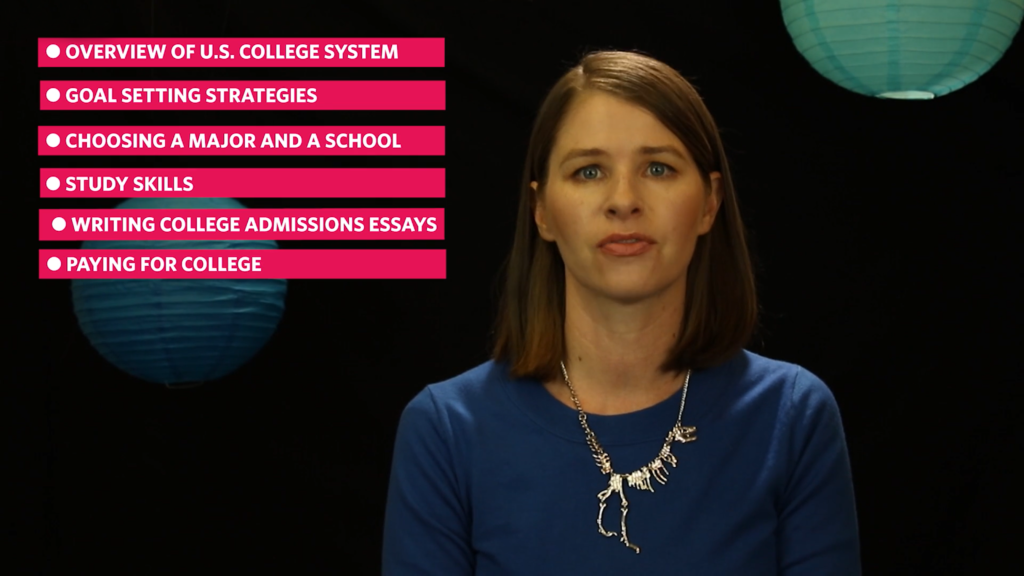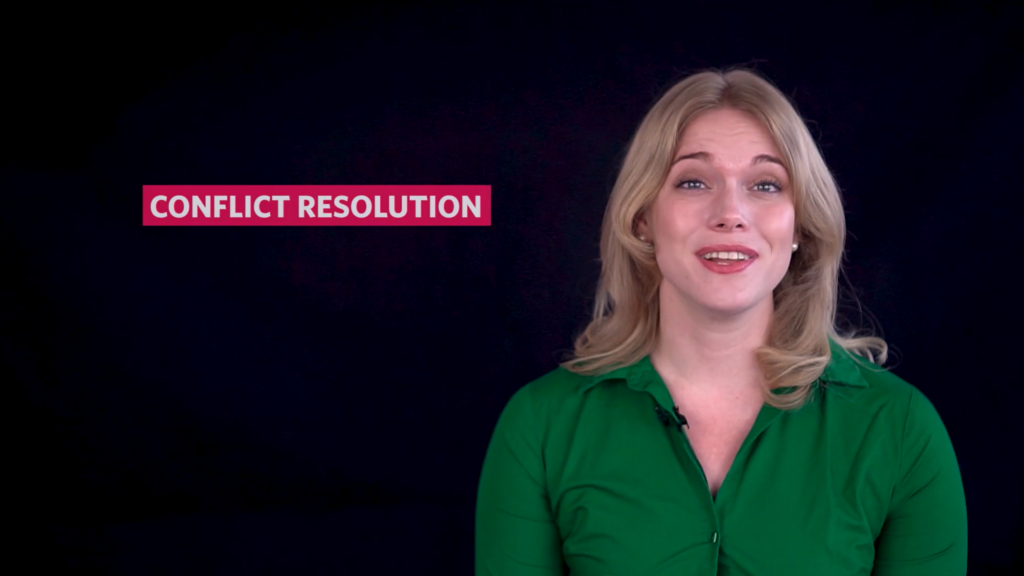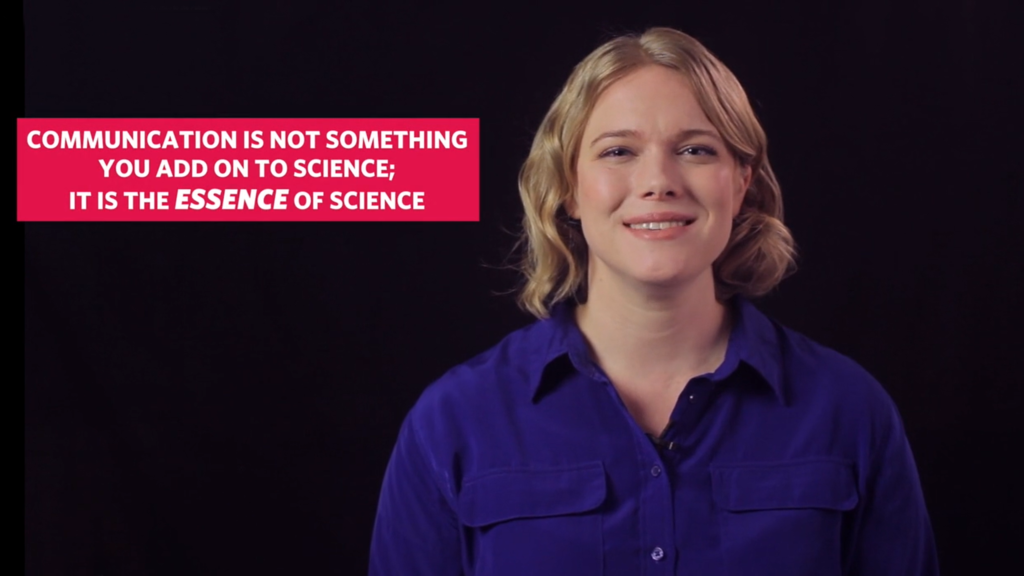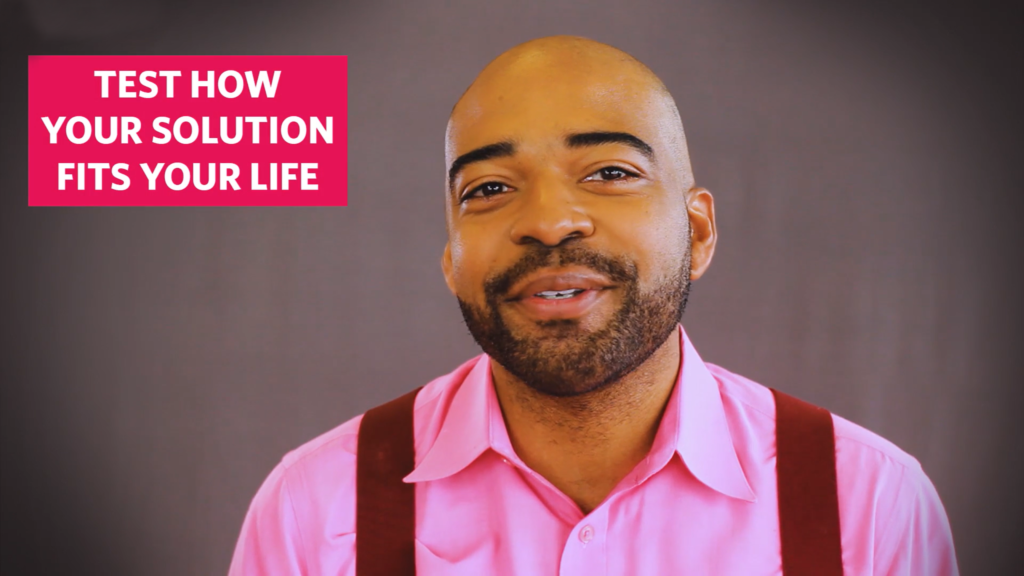Academy events, publications and staff experts featured in external media.
MAR 06, 2024
DeepFest dissects true potential of AI to transform everything from cancer medicine to social fabric
edge
Read More >
FEB 22, 2024
Ambivalence Over AI: We Are All Prometheus Now
Undark
Read More >
FEB 02, 2024
Governor Hochul Announces Release of Technical Chapters of New York State Climate Impacts Assessment
New York State – Governor’s Press Office
Read More >
FEB 01, 2024
How a fake, 10-second recording briefly upended New York politics
Politico
Read More >
JAN 31, 2024
Don’t let geopolitics get in the way of scientific cooperation with China
The Hill
Read More >
JAN 28, 2024
The ‘Barbie’ movie could help push more girls into STEM fields
The Washington Post
Read More >
JAN 17, 2024
Prestigious Blavatnik Awards for Young Scientists in the UK to bestow £480,000 to nine scientists across the UK
Science X
Read More >
DEC 21, 2023
Campus leaders shouldn’t be judged on their political pronouncements
Times Higher Education
Read More >
DEC 13, 2023
Trust, truth, and representation
Research Outreach
Read More >
DEC 12, 2023
Elham Azizi, PhD, Wins 2024 Innovators in Science Award from New York Academy of Sciences
Columbia University Herbert Irving Comprehensive Cancer Center
Read More >
DEC 05, 2023
Schreiber receives scientific innovator award
Washington University School of Medicine
Read More >
DEC 2023
Consciousness: Not just a problem for philosophers
Big Think: Dispatches from The Well
Watch >
OCT 05, 2023
One judge’s ruling threatens American scientific research and representation
The Hill
Read More >
OCT 02, 2023
Feinstein Institutes’ Ross Prize awardees win 2023 Nobel Prize in Physiology or Medicine
Business Wire
Read More >
AUG 24, 2023
Restricted Funding Is Stifling Scientific Progress
Chronicle of Philanthropy
Read More >
AUG 10, 2023
Joonho Lee named a laureate of the 2023 Blavatnik Regional Awards for Young Scientists
The Harvard Gazette
Read More >
JUL 02, 2023
Humanists and social scientists must help shape the future of AI
Times Higher Education
JUN 27, 2023
How NYC hospitals are using artificial intelligence to save lives
Gothamist
Read More >
MAY 19, 2023
Scientist in residence helps Coney Island students see the city’s wildlife beyond pigeons
Chalkbeat
Read More >


